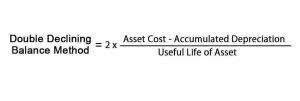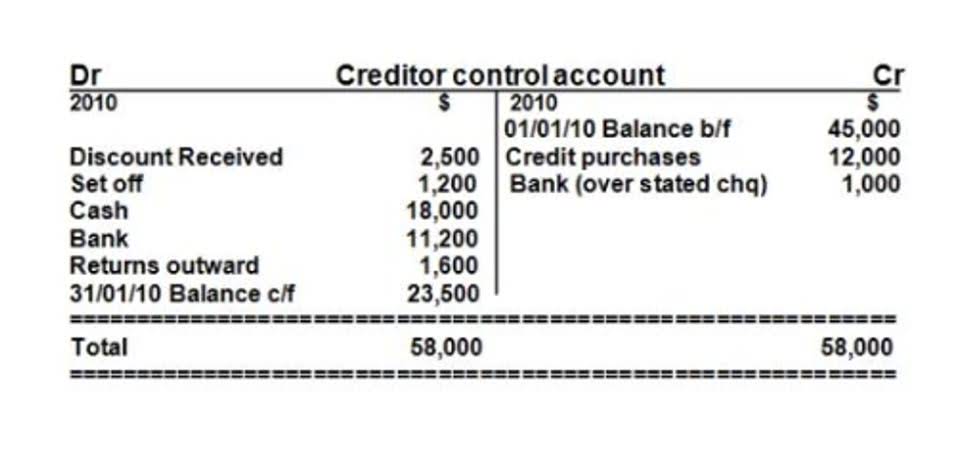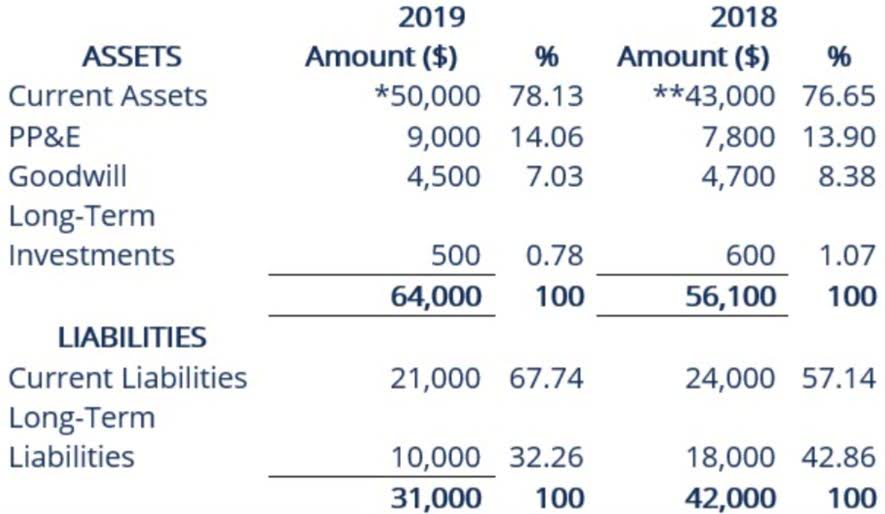
While single-entry bookkeeping is simpler, double-entry is more thorough and less likely to produce errors. If you’re ready to build job-ready skills in bookkeeping, consider enrolling in the Intuit Academy Bookkeeping Professional Certificate. Trying to juggle too many things at once only works to put your organization in danger. If you’re looking to https://www.bookstime.com/ convert from manual bookkeeping to digital, consider a staggered approach. Overhauling all at once can be overwhelming and discouraging, so it’s best to take it slow and make meaningful and intentional shifts. By staying up to date with your bookkeeping throughout the year, you can help alleviate some of the stress that comes with filing your taxes.
- If you want to get additional tax benefits, you have to manage all your employee’s payrolls with precision.
- Have your POS professionally monitored – verifying memberships and students are being charged correctly, sales tax on resale items is properly setup, etc.
- See QuickBooks, NetSuite, Xero, Wave, and FreshBooks side by side to see which gym accounting software solution is best for your gym.
- Conducting a thorough cost-benefit analysis helps determine whether the investment is financially viable in both the short and long term.
- We care about our clients’ success, and always respond to messages or calls in one business day or less.
- A bookkeeper well-versed in this domain will understand the unique financial aspects of a gym business, such as the tracking of membership fees, personal training sessions, and other revenue streams.
What features should the best accounting management software for gyms have?

You can learn bookkeeping for free and at a low cost through online courses. These courses focus on bookkeeping fundamentals to help improve bookkeeping knowledge and skills. For example, you might complete the Intuit Bookkeeping Professional Certificate or several other bookkeeping courses offered by universities and companies on Coursera. Managing the general ledger is part of your daily responsibilities as a bookkeeper. You may determine if any payments are due, submit them, and record them in the financial ledger.
Introducing Bookkeeping for Gyms & Fitness Studios

It’s important to select a structure that suits your business needs and provides the appropriate level of liability protection. Keep your skills up to date, evolve the depth in which you know your preferred platforms and stay apprised as their features change, as well. You can always attend professional gym bookkeeping events, too, such as conferences and networking events. Before you choose your business name, make sure someone else isn’t already using it, lest clients get confused. Once you have your finalists, run the names through your secretary of state’s business name database to make sure it’s available.
How can accounting software help gym owners manage membership fees and recurring payments?
Master the intricacies of accounting for gyms with this comprehensive guide. If you’re just starting a bookkeeping business, it’s likely that you’ll just be working solo, at least for the beginning. Consider starting your search into business entities for bookkeepers by looking into sole proprietors and LLCs. The latter could be a great option if you might bring in some help down the line. A bookkeeping course can teach you the basic knowledge you’ll need to prepare financial reports, organize data using tools like Microsoft Excel, or understand how to balance books.

Many accounting software options also include built-in tax support, making it easier to calculate tax liabilities and file returns on time. Sure, you can try to use Excel or Google Sheets for your gym bookkeeping, but that becomes a mess fast. Read on to learn about the most commonly used gym accounting software providers and which gym accounting software is best for your gym. Be sure to also check out our guide to accounting for gyms, our guide to bookkeeping for gyms (and how to choose a gym bookkeeper), and the best personal trainer accounting software providers. Four tasks for gym accountants might include handling payroll, managing accounts payable and receivable, tracking and categorizing expenses, and preparing financial statements.
Gym bookkeeping Tips for Gym Owners
If you’re like most modern business owners, odds are you didn’t become one so that you could practice professional-level bookkeeping. Outsourcing the work to a seasoned bookkeeper can allow you to focus on your business plan and growth. The single-entry bookkeeping method is often preferred for sole proprietors, small startups, and companies with unfussy or minimal transaction activity. The single-entry system tracks cash sales and expenditures over a period of time.
- The best way to do gym bookkeeping is with a professional accountant and a professional software solution.
- The costs of accounting software for gyms can vary depending on factors such as the number of users, the level of features required, and whether the software is cloud-based or installed on-premises.
- Moreover, you can also receive payments from your clients using the software.
- It is a comprehensive document that explains not only your services but also your market and the competitive advantage you’ll have in your business.
- Think of the ways you can reinvest your time into the business – strengthen member relationships/loyalty and building your brand.
- Here are some gym bookkeeping tips that offer you a practical insight into how to manage gym books effectively.
What is the best accounting software for small gyms?

Software such as QuickBooks Online Advanced or NetSuite may provide the necessary features for handling the complexities of a fitness franchise. Exercise.com offers gym management software that integrates with QuickBooks, one of the most popular accounting software providers. While Exercise.com does not offer accounting software, it offers robust gym financial reporting capabilities that can help gym owners manage their finances effectively. Using a platform like Exercise.com can help automate some of these processes, especially regarding revenue tracking.
How to Survive & Thrive Financially Through COVID-19

It also facilitates consistency in financial reporting, allowing gyms to compare their performance against industry benchmarks or historical data. This involves tracking income and expenses, managing invoices and receipts, and regularly reconciling your books. You’ll also need to track assets like gym equipment and liabilities like loans or accounts payable. Typically, single entry bookkeeping is suitable for keeping track of cash, taxable income, and tax deductible expenses. Bookkeeping is the process of tracking and recording a business’s financial transactions. These business activities are recorded based on the company’s accounting principles and supporting documentation.